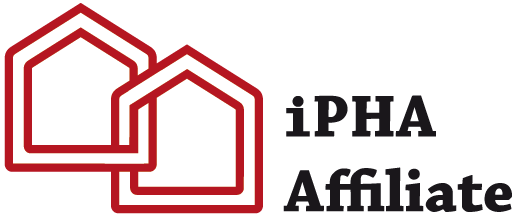PHINZ, Te Tōpūtanga o te Whare Korou ki Aotearoa, the Passive House Institute New Zealand welcomes the government announcement on Thursday (30/07/20) of a planned $500 million investment into the Kāinga Ora – Homes and Communities Retrofit Programme.
The good news is this housing for our most vulnerable people will be made warmer, drier, better ventilated and more airtight. Other positives are the job opportunities this will create within the local communities, and retrofitting of existing homes means that the embodied carbon remains in the buildings.
At this stage Kāinga Ora aims to bring these buildings up to existing new build and Homestar 6-star rating level. However, the government’s recently announced Building for Climate Change Programme and associated consultation makes it clear that the existing building code is inadequate both in terms of ensuring healthy buildings for those who inhabit them, and for meeting New Zealand’s 2050 carbon targets.
PHINZ CEO Amy Tankard points out that;
“Aiming to the current minimum standard, whilst making the housing much better than it was, means that the newly retrofitted housing will soon fall below minimum standard again. Slightly better but still-not-great buildings will be unlikely to be revisited in the near future, thus Kāinga Ora risks locking in mediocrely performing, high emission buildings for another 50 years.”
Passive House is a building standard with tools and methods to accurately model how a building will perform prior to any building or retrofitting is started. The performance in terms of thermal comfort, air quality, moisture and heating energy use is measurable, and of the highest level. The quality of life that building or retrofitting to Passive House standard can deliver is hugely beneficial to the people living in those homes.
Passive House certified homes are likely to be the only ones that currently meet or exceed future efficiency requirements for the government’s Building for Climate Change Programme and New Zealand’s 2050 net-zero carbon target.
Passive House designers and consultants, a list of which can be found on the PHINZ website, are trained in energy modelling new and existing buildings and establishing the most cost-effective upgrade measures for the best outcomes. These retrofits could be planned to deliver really great, healthy buildings to the Passive House standard. When this is not possible, practical or affordable to achieve in a single intervention, a series of retrofit steps can be planned with a defined target and timeline to reach the desired outcomes.
On Radio NZ on 9 July, Alex Baker, Sustainability Programme Manager of Kāinga Ora said they were looking at Passive Housing, and “We’ve also got 50,000 houses around the country that will need major reinvestment over the next 10 to 20 years. And that in itself is an opportunity to significantly shift the performance of those buildings.”
Te Tōpūtanga o te Whare Korou ki Aotearoa, the Passive House Institute New Zealand, extends our support and encouragement to Kāinga Ora in delivering quality, healthy homes for people, their whanau and communities.

